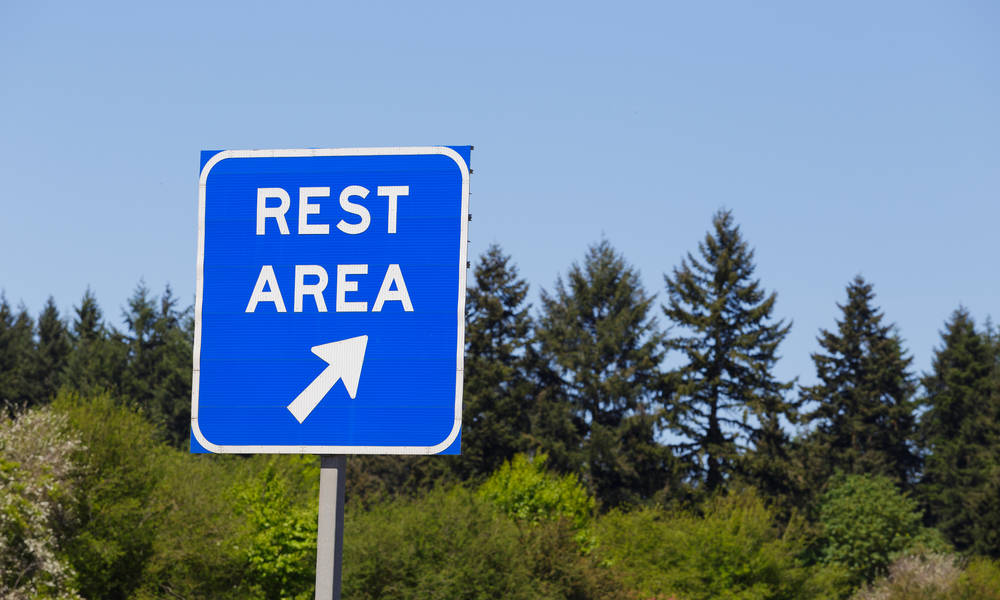
Rest Stop Commercialization Push Runs Into Association Opposition
Trade groups representing convenience stores and truck stops, along with the National League of Cities, have spoken out against proposals supported by President Trump and some state governors to commercialize rest stops on state and federal highways.
For nearly 60 years, federal law has prohibited businesses from operating at rest stops located directly on the nation’s interstate highways—a policy that, among other things, created the modern truck stop industry.
As with most policies, there are exceptions: Rest stops along the East Coast that already had restaurants or stores when the law passed were grandfathered in. But proposals to loosen restrictions to allow private businesses to operate at other rest stops—including President Trump’s recent infrastructure proposal and initiatives supported by New York Gov. Andrew Cuomo—have a number of industry groups speaking up.
One group strongly opposed to the idea is the National Association of Truck Stop Owners, whose recent study, Rest Area Commercialization and Truck Parking Capacity, makes the case that commercialized rest stops run by the government and located directly on the interstate right-of-way, as opposed to private truck stops located off-highway at exits, would cut down on the number of places for truckers to park their vehicles.
“This reaffirms the industry’s position that truck parking is best handled by the private sector, which provides nearly 90 percent of the nation’s truck parking,” NATSO President and CEO Lisa Mullings said in a news release.
NATSO was recently joined by the National League of Cities (NLC) in urging lawmakers to oppose rest stop commercialization initiatives.
“Commercializing rest areas would effectively displace property tax revenue that cities and towns near interstates depend on,” NLC Executive Director and CEO Clarence E. Anthony said in a joint press the release. “This loss of revenue would directly impact the ability of municipalities to pay for their own infrastructure needs, widening the nation’s infrastructure gap.”
Meanwhile, the New York Association of Convenience Stores is fighting Cuomo’s proposal to increase the number of commercial rest stops, which often include built-in Taste NY shops that sell locally produced goods.
“At a time when New York convenience stores are struggling to grow sales in order to keep up with state-imposed labor cost mandates, NYACS strongly opposes this as an unwelcome, unnecessary, and inappropriate disruption of the existing retail environment,” NYACS President Jim Calvin said, according to Convenience Store News.
Privatized rest stops have cropped up in a few places. In New Hampshire, a public-private partnership led to the creation in 2015 of a welcome center that, due to a regulatory quirk, can serve alcohol.
Conservative think tanks like the Heritage Foundation and American Enterprise Institute are supporting the idea. In a recent Wall Street Journal piece, AEI visiting scholar R. Richard Geddes, director of the Cornell Program in Infrastructure Policy, argued that commercializing rest stops would create jobs, generate revenue to pay for infrastructure, and even encourage local culture.
“Rest stops that aren’t subject to federal restrictions illustrate the possibilities,” he wrote, citing the privately owned Iowa 80 Truckstop, which includes a library, dental practice, movie theater, and barber shop.
While the policy could change in the future, for now many rest stops are limited in their commercial options to vending machines and, occasionally, selling their names.
(joshuaraineyphotography/iStock/Getty Images Plus)






Comments